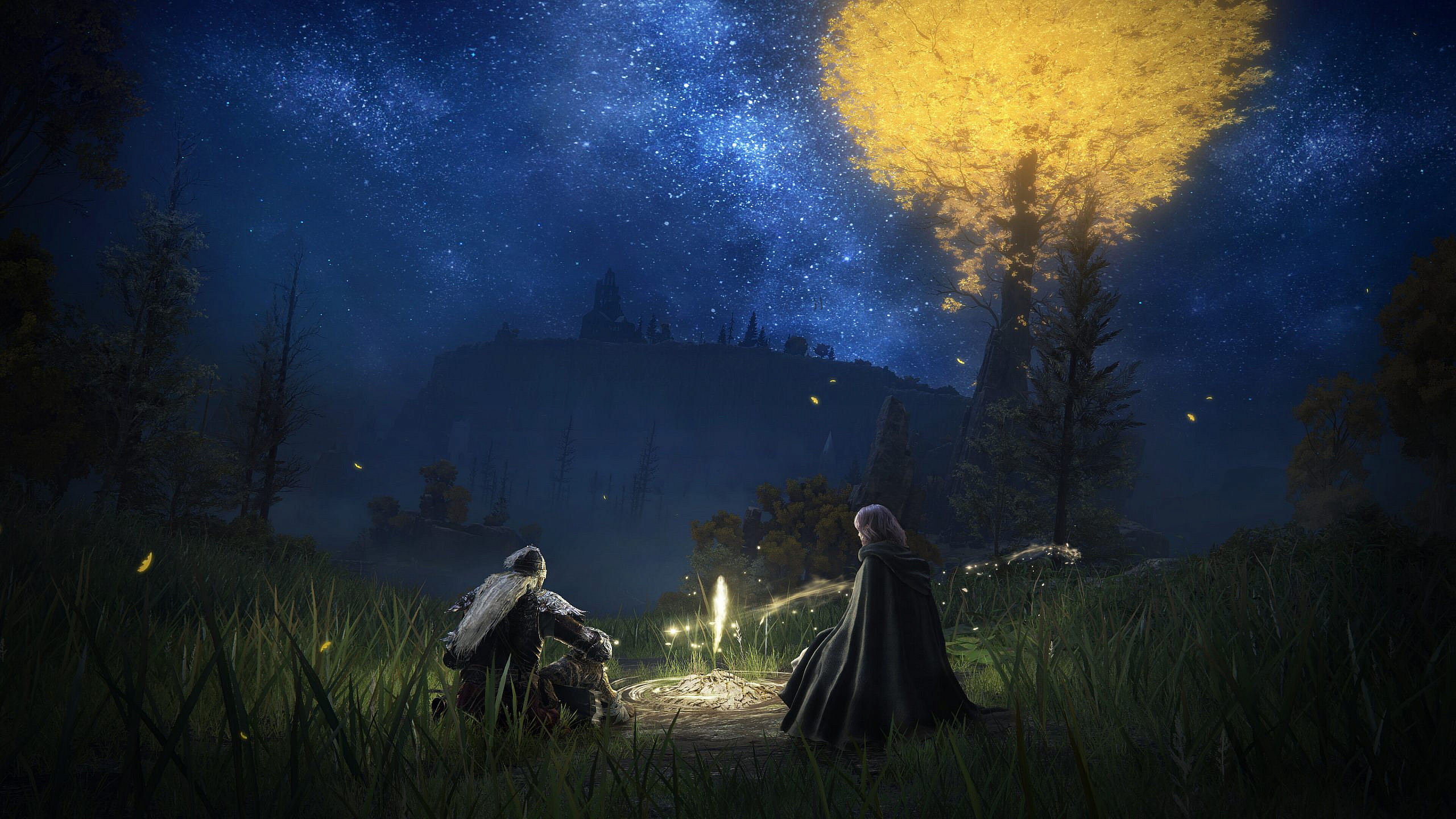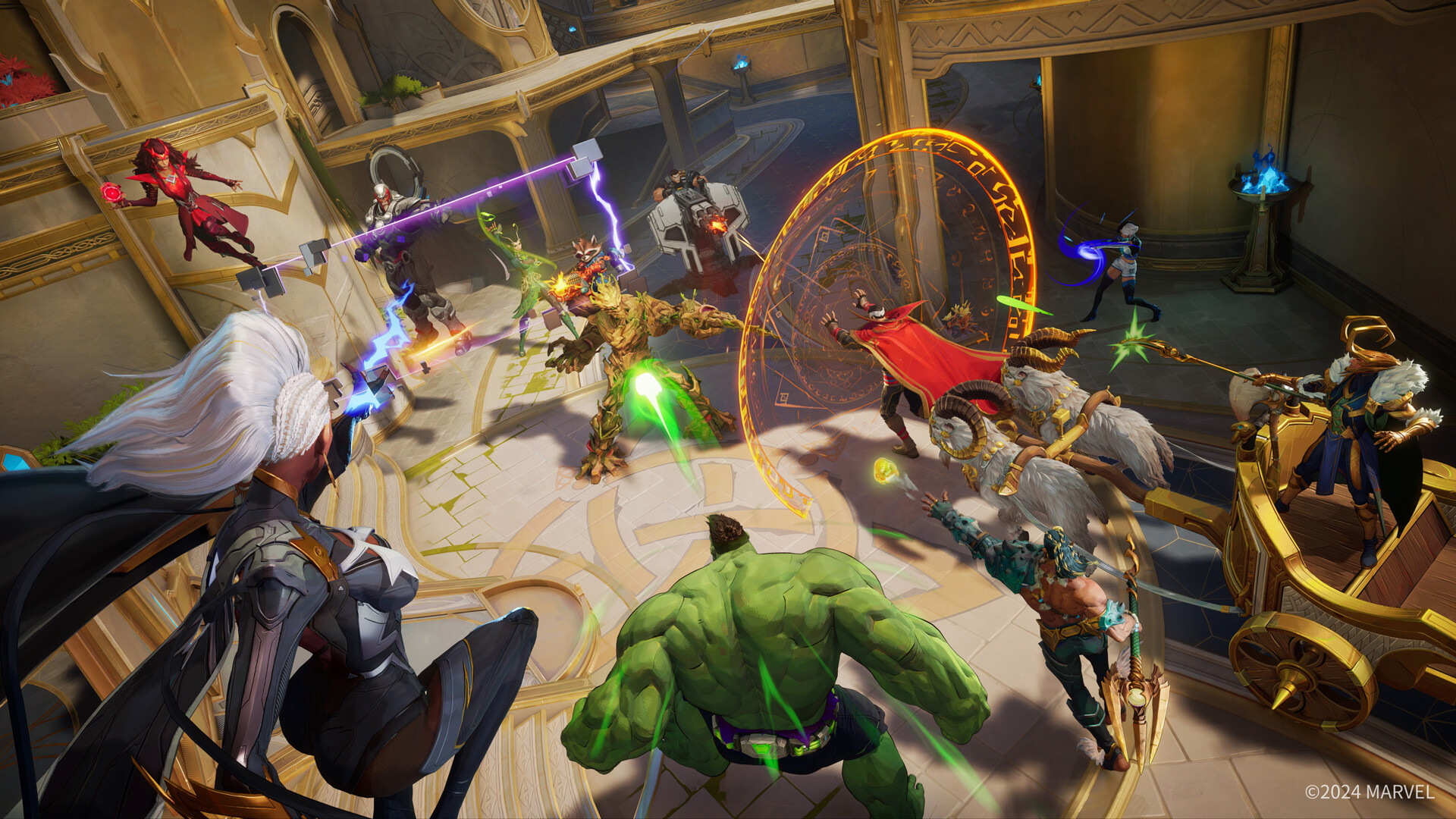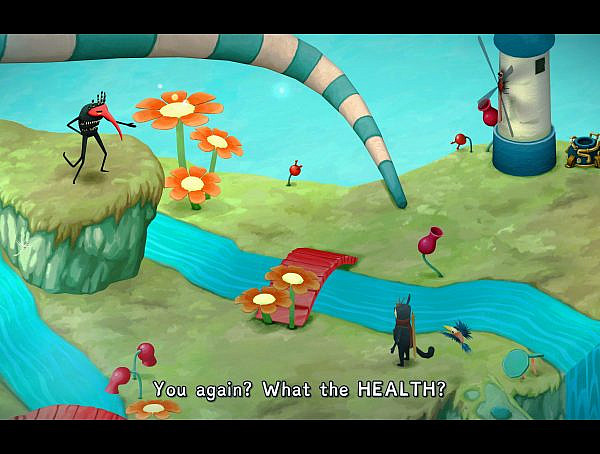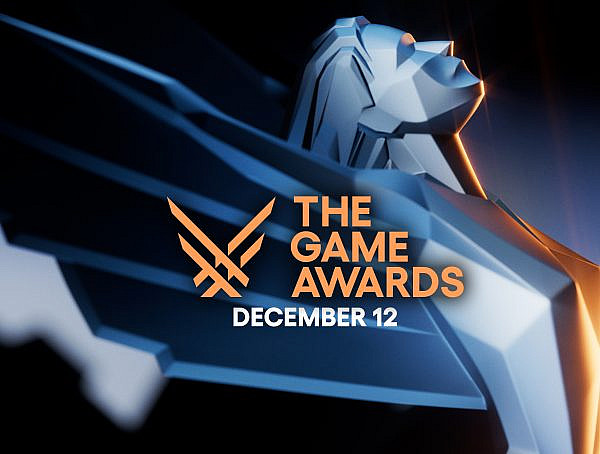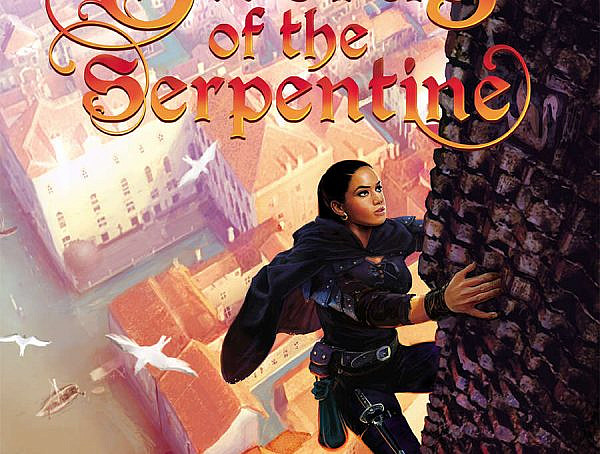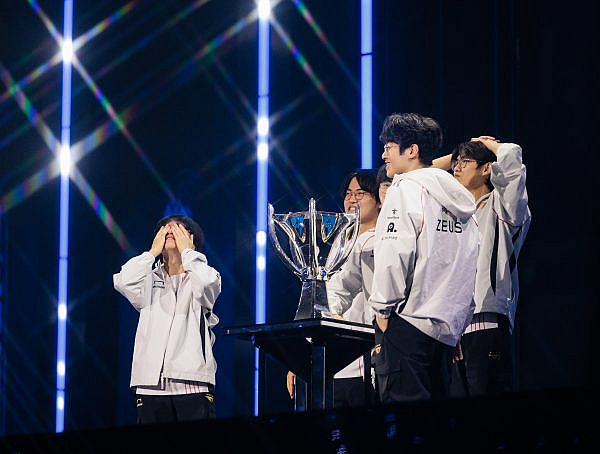With the amount of entertainment content that’s available to us today, it’s becoming more common for many of us to feel overwhelmed with choice. Streaming services for films and television for example started out as a cheaper and convenient alternative for people who wanted on demand content. Nowadays there’s dozens of services rivalling Netflix, and each provider seemingly has different shows that you’re interested in. Suddenly you may find yourself paying for multiple services at once, some of which you might go months without using. And when you do feel like watching something, you’re plagued with indecision.
It feels like games have started to follow suit over the last few years. Whilst it’s great that we have more exposure to games and that there’s so many options available to cater to a variety of interests or preferences, it’s not without its fair share of drawbacks. With so many new games being released it’s hard to keep up with the zeitgeist. We’re bombarded with new releases and updates coming out each week, and because of that, not only does it feel like everything’s moving too fast, but also, the culture and conversations within the space move at the same breakneck pace. As an example, for the last decade or so I’ve gained the moniker in my friend group as the Dark Souls guy thanks to my incessant praise of From Software’s games. However, to this day I still haven’t played Elden Ring. It remains permanently on my “I’ll get to it eventually” list. Meanwhile all my friends have already played it, and not a week goes by that I don’t hear someone make a comment like “I can’t believe you haven’t played Elden Ring yet.”
Attempting to catching up almost feels like you’re perpetually stuck on side quests while everyone else around you move through the main story. It’s arguably even harder to keep up with games compared to films and television shows, since the average length of a game is much longer than other media. But it didn’t always feel like this, did it? What’s changed in our culture to make this feeling of falling behind so common? To make us feel anxious over a hobby that we once found joy and escapism in. This is something I’ve been thinking about a lot lately and I’ve come to some ideas about how games culture has changed over the years to make us feel this way.
Firstly, we have an increased exposure to games and games media. Growing up the most common method I had of finding out what games there are to play was from print media (any kids or games related magazines), word of mouth, or just going to my local games store and seeing what caught my eye on the shelves. The front cover of games would serve as the ultimate elevator pitch back then, as it tries to convince you to play it without even knowing what the game entails. As internet culture grew and games started to gain more attention and notoriety in mainstream media, gaming websites like GameSpot and IGN started to become more recognised as the source for gaming news and reviews. Fast forward to today, where not only do we still have these media juggernauts around, but they now must compete with influencers too, including a plethora of niche opinions and reviews from small YouTube channels. The amount of coverage is endless, which leads to an information overload that feels overwhelming.
This is starkly different from what the norm was a decade or so ago. This shift can be seen with the cessation of E3 (Electronic Entertainment Expo), which had its last iteration in 2021. Once a pillar of gaming culture and the platform where we’d expect to hear all upcoming gaming relates announcements every year, is now gone — in favour of publishers and developers doing their own self-directed announcements every other couple of months. This change alone is indicative of how the games media landscape has changed and how we, as players, consume games media content.
Secondly, there’s more choices for games than ever before. Gone are the days where you’re solely tied to the options on your game console. Now, you have your consoles of choice — your PC, your mobile, or really, just anything with a screen, can probably play a game at this point. And there’s not just AAA titles to keep track of too, with many indie-developed titles that are worth checking out now. Games have also followed in the same footsteps as film and television, with streaming services like Xbox Game Pass and PlayStation Plus adding to the seemingly endless backlog. With so many avenues at your disposal to interact with your favourite medium, it’s easy to feel frozen with indecision of what to even to play. Ironic, considering this was supposed to be our sanctuary to escape from life’s pressures.
Lastly, games are competing more for our time, attention and money. With the increase in the sheer number of games available, comes an increase in competition. The rinse-and-repeat cycle of buying the newest game and finishing it in a few weeks isn’t as common anymore. With the rise of games as a service, companies don’t want you to stop playing their game after just a few weeks; they’ll use monetisation strategies, like gacha systems and battle passes to incentivise you to keep playing. It feels common now for most players to have a handful of “forever games” that they return to on a frequent basis, which, once again, can lead to less time with the newest titles. But this can also be a catch twenty-two, because if you spend more time on newer games, then you can miss out on exclusives in your most played games. Either way, you decide to delegate your time based on the fear of missing out.
Sooner or later, you’re haunted by the ever-growing list of unplayed games on the notes app on your phone, with each game taking anywhere between ten to sixty hours to finish. The hobby that you once enjoyed and used as a form of entertainment and relaxation can feel like a second job. I’ll admit that this article has been rather pessimistic, and I’m very aware that having too many games to play is a very first world problem to have. But I do think that there are some downsides to this shift in culture that should be acknowledged and discussed more openly.
While I’m not an expert in this subject I can share with you some steps I’ve taken myself to try and alleviate some of these anxieties. I think the most common practice for most people is to create a “to do” list or backlog of some kind, to keep track of the games they want to play. While this has good intentions, I think this can be more of a detriment as it makes the act of playing games feel more like a chore. A task that needs to be completed rather than you wanting to complete it. In reality, this feeling is difficult to overcome, and to do so effectively really needs a change in mindset. I’ve tried to get into the habit of asking myself questions like “do I want to play this game, or do I feel like I have to play it?” to make sure I’m being honest with how I’m feeling and what I want to spend my free time doing. After all, if you’re going to game, you should make sure it’s your game that you’re playing and not everyone else’s.
Photos:
Pictures by Markiewicz, K. (2024, March 8). Steam Spring Sale 2024 is around the corner. We know which games will receive discounts. GG.Deals. https://gg.deals/gaming-news/steam-spring-sale-2024-is-around-the-corner-we-know-which-games-will-receive-discounts/
Promotional pictures from Elden Ring (From Software, Inc). https://store.steampowered.com/app/1245620/ELDEN_RING/
Promotional pictures from Balatro (LocalThunk). https://store.steampowered.com/app/2379780/Balatro/
Promotional pictures from Marvel Rivals (NetEase Games). https://store.steampowered.com/app/2767030/Marvel_Rivals/
A lifelong gamer who still listens to pop punk music despite being in his thirties. Loves JRPGs and many multiplayer games, but he tends to get too competitive at Mario Party. Will also be overly critical of fishing minigames.
You might also like
More from Features
Game Awards – Celebration of talent or a Marketing Extravaganza?
The Game Awards 2024 is over and the winners are announced. However, are they still following the same pattern that …
Worlds in a Finnish Theater: League Finals, Community, and Döner Kebab
I travelled to Helsinki to watch League finals in a cinema, and it was worth it. #leagueoflegends #esports #community #worldfinals







